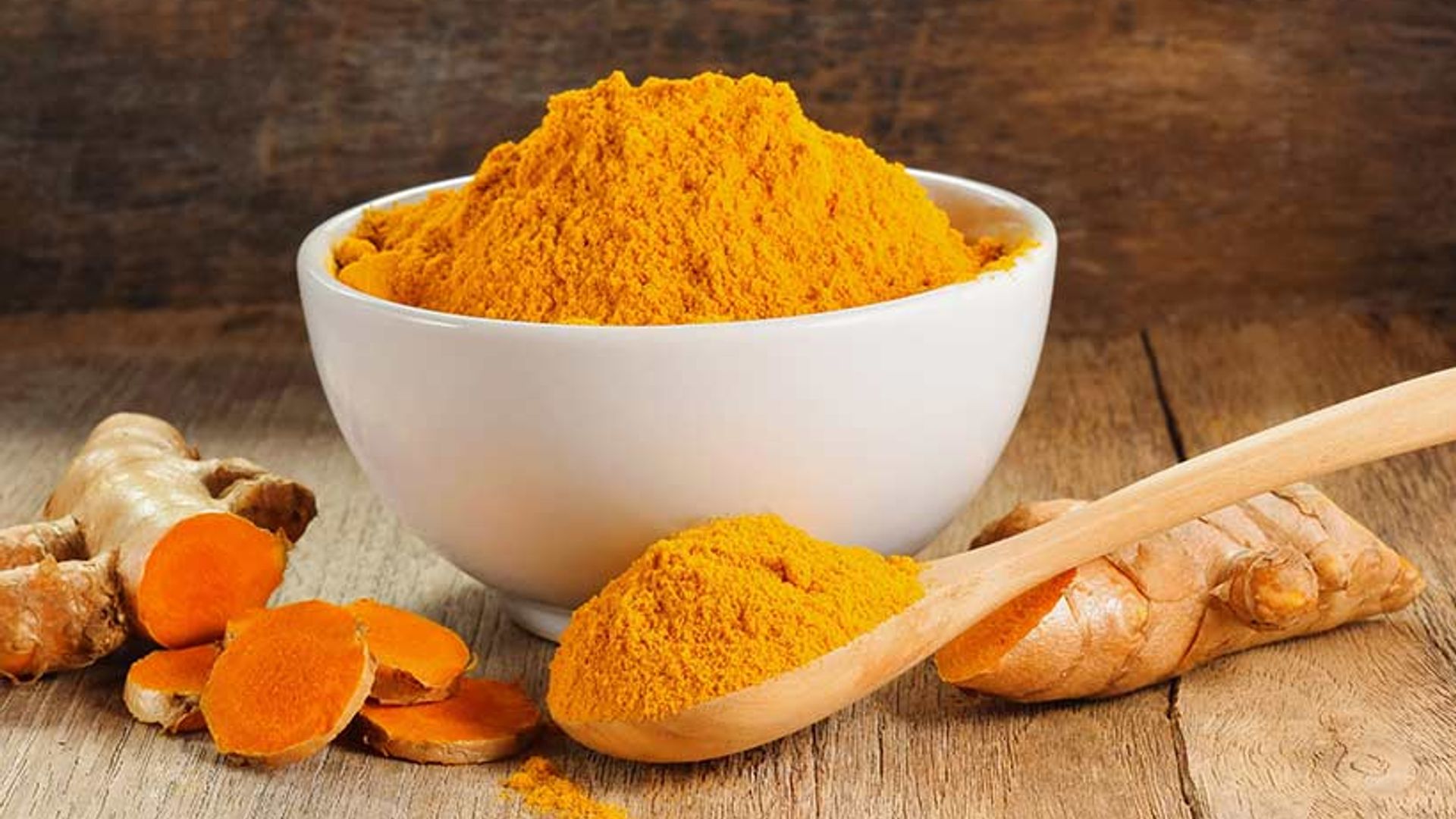You know the drill. A new superfood crests over the horizon and we scramble to lay our hands on it. Fast-forward a few months and the big chain stores and cafes are offering some version of it in smoothies or salads. Turmeric has been making its way through this process since early 2016, although the spice has been used in Indian culture for centuries as a natural anti-inflammatory. So is it the spice of life, or should we be more sceptical? We ask the experts…
STORY: 5 of the best anti-ageing diet secrets
What health benefits is turmeric proven to provide?
EMBED START Image { id: "embedded3283" }
(Nick Ansell/PA)
EMBED END Image { id: "embedded3283" }
Doctify Nutritionist Dr Claudia Gravaghi says the key ingredient in turmeric is curcumin. It "has powerful antioxidant and anti-inflammatory properties." In terms of its proven benefits, "research has shown that turmeric extract can help alleviate pain and improve function in people with osteoarthritis", says Dr Gravaghi. "There is also preliminary evidence that curcumin may help reduce pain in joints and swelling, of people with rheumatoid arthritis, and may reduce inflammation-driven cancer."
Elizabeth Wall, a nutritionist with Holland & Barrett adds that curcumin "helps to neutralise free radicals, which are basically unstable atoms that can cause damage to cells, and contribute to ageing and disease".
Are there any other research studies going on?
EMBED START Instagram
EMBED END Instagram Doctify Dermatologist Dr Sweta Rai says the chemical could have positive effects on skin conditions: "High-level, reliable human trials that further investigate tumeric's use on conditions including acne, atopic eczema, photodamage of photoageing of the skin and alopecia, are currently underway." Due to its popularity, trials of turmeric and its benefits are on the rise, including trials related to diabetes, Alzheimer's disease and depression. Wall says this research in its infancy but looking positive. Double-blind, placebo-controlled clinical trials will be required to definitively prove any benefits of curcumin.
What's the best way to get it into our systems?
EMBED START Instagram
It's not that simple. "I don't think the main focus is on how much turmeric we should be using, more about the form in which we should be using it," says Wall. This is because curcumin only makes up between 2 and 6% of turmeric. As curcumin exists in such low levels in turmeric, it's hard to measure how much you are taking when you stir it into a latte or cook it into a curry. There are also issues with the body's ability to absorb it.
MORE: See the latest health stories here
EMBED END Instagram
EMBED START Instagram
"The bright yellow-orange colour of turmeric comes mainly from fat-soluble, polyphenolic pigments known as curcuminoids," says Dr Gravaghi. "When something is fat-soluble, that means it dissolves in fat. Without fat, the active component in turmeric, curcumin, has a difficult time making it past the stomach, into the small intestine, and into the blood where it can offer the greatest benefits.
EMBED END Instagram
EMBED START Instagram
"The best way to take turmeric is with fatty ingredients such as in curry or coconut milk." Research has also shown that black pepper improves absorption of curcumin into the body.
EMBED START Instagram
EMBED END Instagram When it comes to your skin, Dr Rai says: "If you're using turmeric to brighten and enhance your complexion, or reduce photodamage, then applying it to the skin is better." Wall says that taking the curcumin extract, rather than turmeric in food or drink, may be more beneficial if you are taking it for a therapeutic purpose, because you can track the amount you are taking.
Are there side effects?
EMBED START Instagram
"Typically, it's very well tolerated when using it in food, because you're only using a small amount," says Wall. However, if you are using excessively large amounts, that could cause issues. The most commonly reported is digestive upset, and other symptoms can include nausea, dizziness and diarrhoea.
"There is no known allergy to turmeric per se," Dr Rai adds. "However, if used on the skin directly in concentrated form, and left on for a long period of time, this may cause contact irritation of the skin. The use of turmeric in treatment of medical conditions should always be discussed with your dermatologist or doctor."
TRACKING START GA
TRACKING END GA








